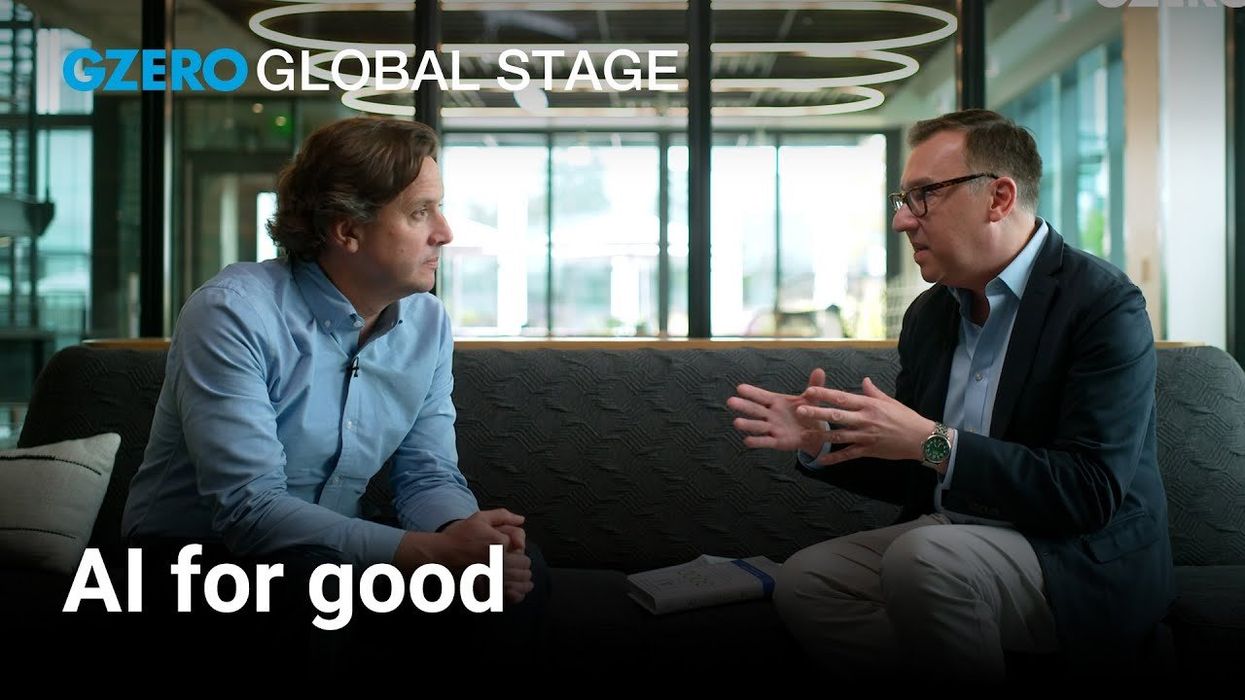AI and Society
AI's evolving role in society
In a world where humanity put a man on the moon before adding wheels to luggage, the rapid advancements in AI seem almost paradoxical. Microsoft’s chief data scientist Juan Lavista, in a recent Global Stage conversation with Tony Maciulis, highlighted this contrast to emphasize how swiftly AI has evolved, particularly in the last few years.
Sep 04, 2024


